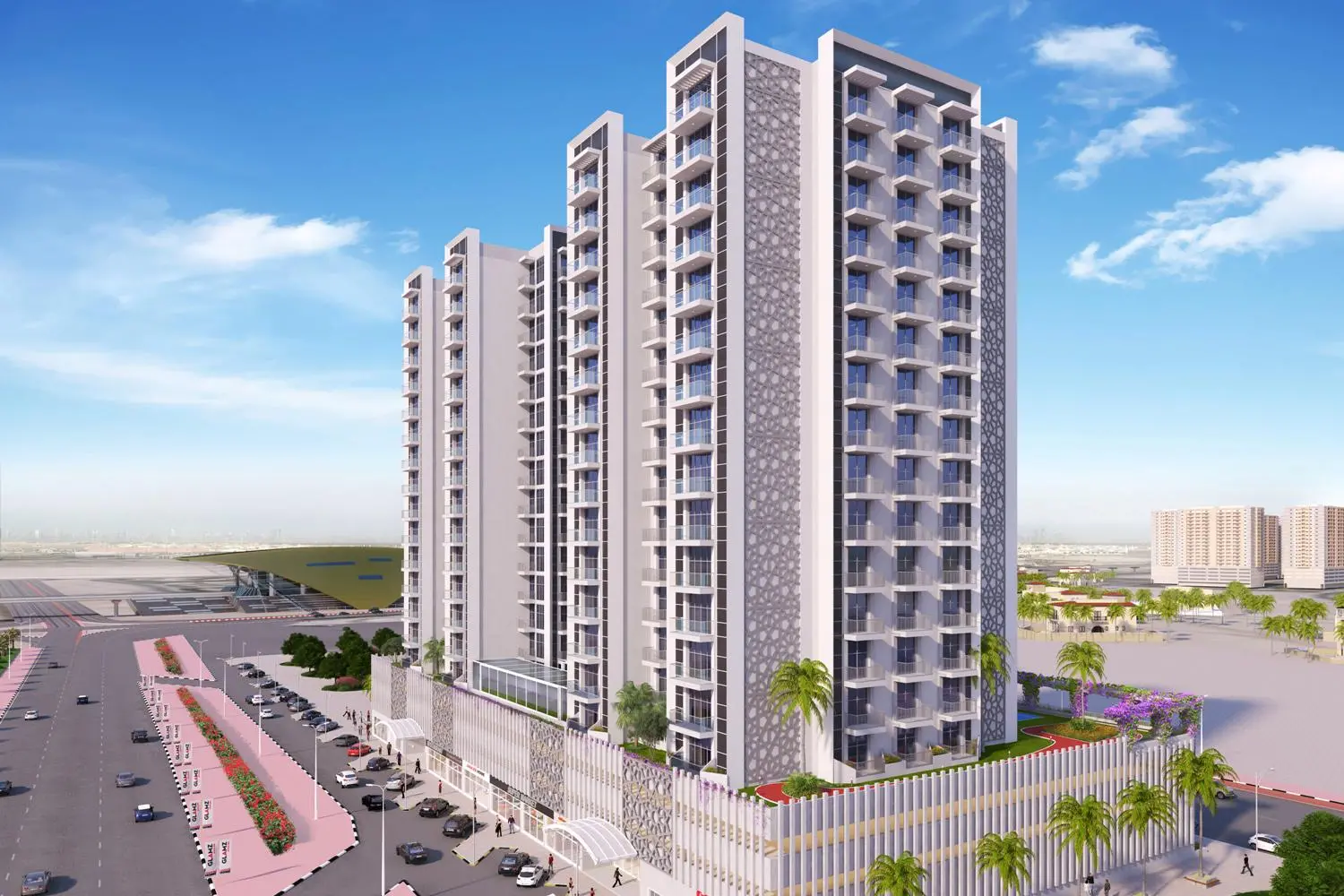PHOTO
Danube Group sought to tap into the largely ignored affordable housing sector in Dubai when it first entered the property market in 2014. After a series of sold-out projects, Tuesday's launch of an $81-million tower is the latest step in the conglomerate's bid to more than double turnover to over 6 billion dirhams ($1.633 billion) by the end of 2016.
"We started the properties division with a clear focus on the affordable housing segment. We identified the gap that existed in the market, which was too focused on luxury and super-luxury segments, while the mid-income population was left untouched," Rizwan Sajan, founder and chairman of Danube Group, told Zawya by email last week ahead of the launch.
"There is a huge population of expats in Dubai who have lived here for a decade or more and call Dubai their home but have not been able to own a property... They were waiting for the right opportunity to invest in real estate," he said.
The 300-million dirham Glamz Residence, which has 418 units, will be located near Discovery Gardens in the Al Farzan area of Dubai.
Danube's first project Dreamz, launched in 2014, is well on schedule for delivery later this year, whereas the other projects - Glitz 1, Glitz 2, Glitz 3 and Starz - are all four to five months ahead of schedule, according to the company.
Double digit growth
The drive into affordable housing, from the Dubai-based conglomerate's base in construction materials, has helped Danube increase turnover from 2.8 billion dirhams in 2014 to 5.13 billion dirhams in 2015, a rise of 83 percent year-on-year.
"Moreover, in 2016, we expect to grow at another 15-20 percent," Sajan said.
Danube currently has retail branches in nine countries worldwide, including the United Arab Emirates, Oman, Bahrain, Saudi Arabia, Qatar, Kenya and India, as well as an office in China.
This year, as part of its growth plan, Sajan said the company would open six more retail stores in the region, with an investment of over 200 million dirhams, bringing the total number of stores to 50 by the end of the year.
Danube's close contacts in the construction materials sector through its retail network, has supported its property sales by helping keep unit costs down. "The company has been able to negate any chances of delay in projects because of the one important factor; its core business division of building materials, which allows the selected contractor to source building material on time and more importantly, at the lowest available price," Sajan said.
"Such an arrangement makes sure that the project cost comes down considerably, which allows Danube to pass on the benefits to customers by delivering property at the most affordable price."
Government push for affordable housing
While Danube is seeing healthy returns from the affordable housing sector, a research paper released in March by Core, the UAE associate of global real estate firm Savills, found more needs to be done to encourage more private sector firms to follow suit.
Core CEO David Godchaux said a proposed law by Dubai Municipality for mandatory 15 to 20 percent affordable housing in future residential developments, may see real growth in the sector.
"The current new supply is catering largely to the middle income segment and affordable living is yet out of reach for the lower income members of society, thus pushing occupiers to rent at penalizing high yields instead of transitioning to own," he said.
The report pointed out that financing is often an issue as many UAE banks are reluctant to lend mortgages to customers with a monthly income threshold of less than 15,000 dirhams.
Sajan said financing was a factor Danube took into account when it launched into the market and that one of the reasons it has managed to sell nearly 1,300 affordable housing units is its payment schemes. The terms are designed around its target demographic of low income buyers, with monthly repayments starting from 4,100 dirhams for a studio unit.
"The biggest advantage of our unique payment plan is that you only pay 52 percent until handover and the remainder 48 percent is paid in 48 months spreads over four years post-handover," Sajan said.
(Additional reporting and writing by Shane McGinley)
© Zawya 2016





















